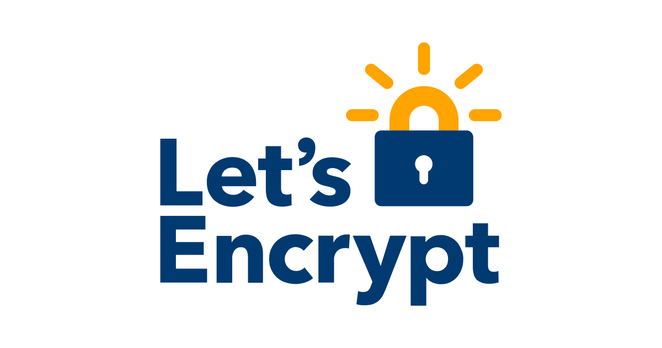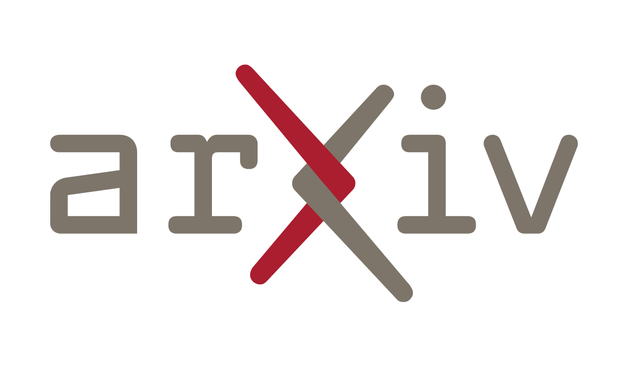Weekend Reads
* PQC for the RPKI https://labs.ripe.net/author/dirk/pqc-for-the-rpki/
* Big tech in Taiwan https://cset.georgetown.edu/publication/big-tech-in-taiwan/
* China's Internet Control https://locknet.chinafile.com/the-locknet/intro/
* Smartwatch security and privacy https://arxiv.org/abs/2507.07210
* App-layer desync attack TLS attack https://opossum-attack.com

PQC for the RPKI
Future capabilities of quantum attackers will present a host of new vulnerabilities for RPKI. A research student from SIDN Labs presents the first work on post-quantum cryptography for the RPKI, establishing the foundation for making this critical Internet infrastructure quantum-safe.

